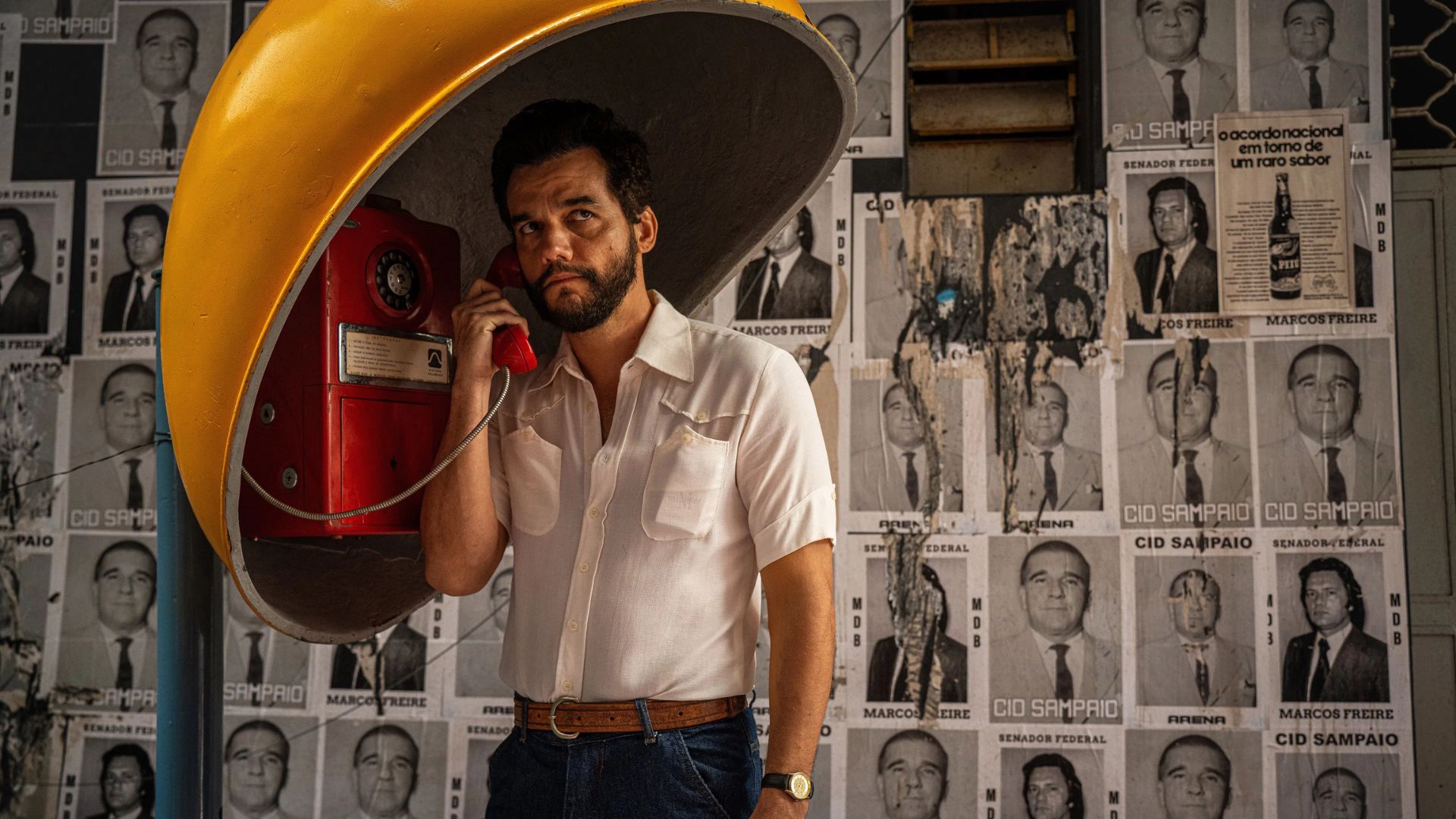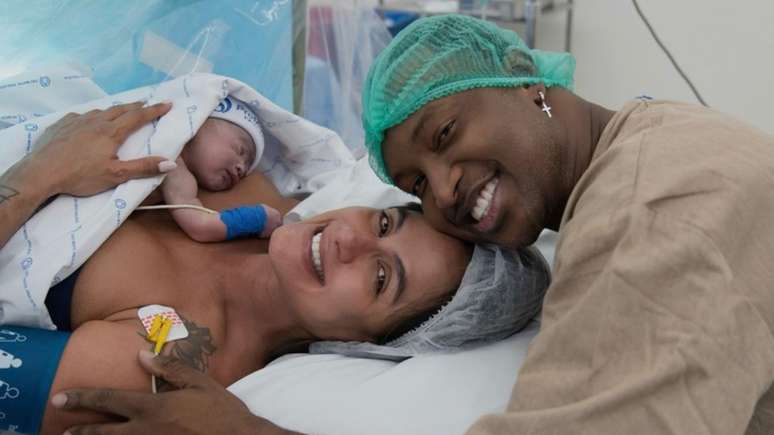Pupille: A touching and realistic adoption journey
The story of Pupil begins when Théo, a newborn just a few days old, is abandoned by his biological mother. From that moment on, a series of professionals and volunteers worked to find him a family. This film follows the stages of the adoption processcentered on the people who surround Théo: Karine (Sandrine Kiberlain), the social worker responsible for his protection, and Jean (Gilles Lellouche), the temporary family assistant who takes care of him day after day. At the same time, Alice (Élodie Bouchez), a woman who has been waiting for years to become a mother, hopes that Théo will be entrusted to her.
This film offers an emotional dive into the adoption system, showing the difficult choices, expectations and hopes that drive the different actors. Jeanne Herry precisely captures the complexity and beauty of this process, highlighting the human bonds that are woven around a child.
Upon his release, Pupil benefits from excellent reviews, as demonstrated by the score of 4.3/5 among our colleagues atAlloCiné. Once released in theaters, the film benefited from excellent word of mouth, which allowed it to reach the excellent score of 841,000 admissions.
An immersion as close to reality as possible
To ensure the authenticity of the film, Jeanne Herry carried out extensive research work with adoption services and social workers. The director spent many hours observing the Child Welfare teams, to collect testimoniesand understand the administrative and emotional processes related to adoption. He wanted to avoid any exaggeration or dramatization, to remain faithful to the reality of adoption journeys.
The filming of Pupil it took place in an atmosphere of great discretion and respect for the topic discussed. The team also brought in real social professionals to advise the actors and help them understand emotions and doubts. and the daily actions of their profession. The filming locations were chosen to reflect the sobriety and austerity of the administrative offices, temporary accommodation and foster homes, thus reinforcing the feeling of realism that the film exudes.
Furthermore, to capture emotions subtly, the director favored tight shots and intimate scenes, without excessive dialogue. This choice of staging allows the spectators to get closer to the characters and to feel with them the uncertainties and hopes that each phase of adoption raises. Jeanne Herry sought to preserve the emotional intensity while remaining sober, letting the subject’s strength express itself naturally.
Source: Cine Serie
Ray Ortiz is a journalist at Gossipify, known for his coverage of trending news and current events. He is committed to providing readers with accurate and unbiased reporting, and is respected for his ability to keep readers informed on the latest news and issues.









